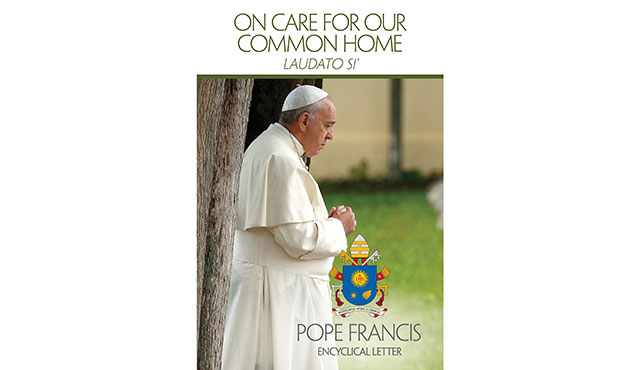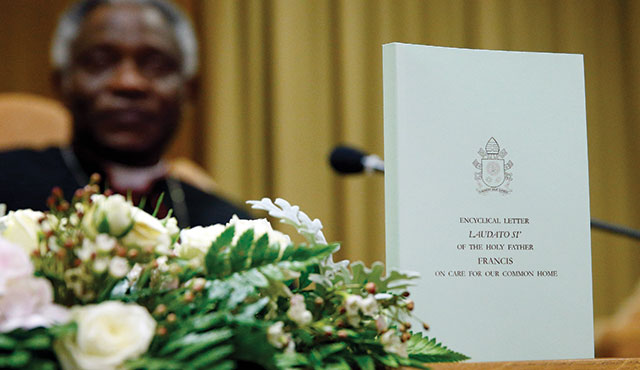Cherishing the many natural blessings of the Golden State while expressing growing concern with escalating threats to our world, the Catholic Bishops of California have issued a pastoral statement calling on all people to “contribute to the ecological well-being of our state.”
“We are publishing our Pastoral Statement on the fourth anniversary of Laudato Si’ with a two-fold vision in mind,” say the Bishops: “To animate and energize the implementation in California of what Laudato Si’ calls us to do, and to offer a dynamic teaching and evangelization tool for our Catholic faith community and beyond, especially for young people.”
In God Calls Us All to Care for Our Common Home, the Bishops challenge the people of California to appreciate the beauty of the state and to apply – both individually and collectively – the teachings of Laudato Si’ in safeguarding our natural gifts.
The statement emphasizes the Catholic concept of the common good – “the sum total of social conditions that allow us to access the resources and services necessary for a dignified life” — in relationship to the environment and the people of California.
It follows by building on the concept of “integral ecology” first explored by Saint Pope John Paul II and expanded upon by Pope Francis. The teaching emphasizes that stewardship of nature must first be at the service of advancing the good of all people in their environmental, economic and cultural dimensions.
God Calls Us All to Care for Our Common Home, most importantly, aims to encourage the practical applications of these teaching.
In the second section, the California Catholic Conference of Bishops challenge different groups to do their part:
• Pastoral leaders and Catholic institutions are encouraged to share practical tools of teaching that proclaim the encyclical’s themes.
• The Bishops ask youth and young adults to find opportunities to pray in natural surroundings and initiate conversations with older adults about environmental protection.
• Parents, teachers, and catechists are encouraged to help create an environmental consciousness and literacy that promotes the principles of Laudato Si’ in every family’s lifestyle.
• The statement suggests that public officials enact policies that improve air quality, reduce polluting gases, strengthen water systems, protect precious ecosystems, and support the health of our citizens.
• Leaders in business are encouraged to consider to what extent their business enterprises, its products, and its marketing meet genuine human needs and promotes the common good.
• The Bishops suggest that those who work the land and care for it reflect on how their work can best balance economic production and environmental protection with attention to greater sustainability.
• The statement calls on artists and innovators to find new ways to highlight the beauty of creation and inspire a culture of ecological and human care in the light of the moral applications of the Pope’s encyclical.
Finally, echoing Laudato Si’, the Bishops conclude with a call to a spiritual conversion that respects our common home and cares for all, especially the poor and vulnerable.
“Ecological conversion challenges us to advance in culture, to grow spiritually, and to be better educated about the world entrusted by God to our care. The heavens and the earth belong to God, but we have been called to be good stewards.”
The complete text of God Calls Us All to Care for Our Common Home as well as a two-page summary is available on www.cacatholic.org in both English and Spanish. There you will also find a variety of links and resources to help understand and appreciate the pastoral statement.
About Laudato Si’ – Published four years ago Laudato Si,’ by Pope Francis, urges us to place people at the center at a commitment to care for the planet. Its status as an Encyclical (literally circular letter), gives it significant importance as an official teaching document of the Catholic Church.
“We are faced not with two separate crises, one environmental and the other social,” says Pope Francis, “but rather with one complex crisis which is both social and environmental. Strategies for a solution demand an integrated approach to combating poverty, restoring dignity to the excluded, and at the same time protecting nature.”


